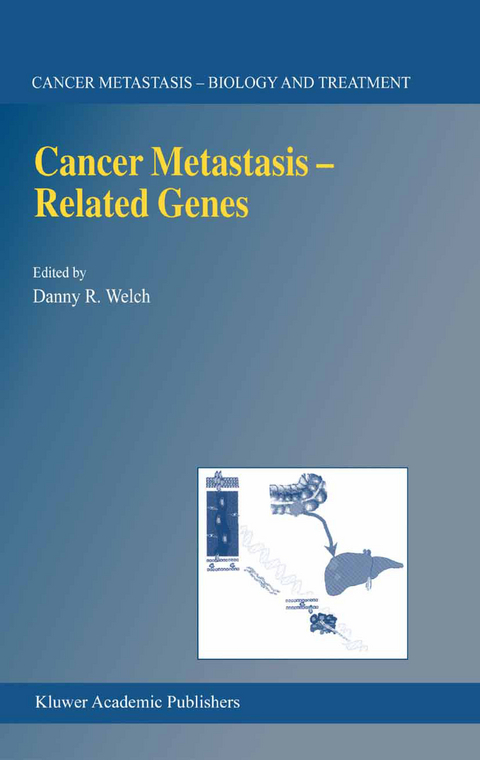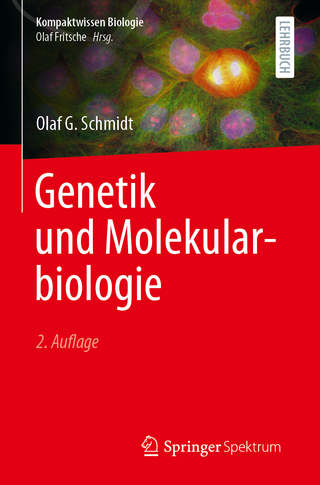
Cancer Metastasis — Related Genes
Springer (Verlag)
978-94-017-3922-1 (ISBN)
Metastasis-Suppressor Genes: A Review and Perspective on an Emerging Field.- The Roles of Map Kinases in Controling Cancer Metastasis.- Tumor Metastasis-Associated Human Mtal Gene: Role in Epithelial Cancer Cell Proplieration and Regulation.- Cooperative Integrin Interactions in the Regulation of Tumor Metastasis.- Brain-Metastasis Associated Genes.- Autocrine Motility Factor and Its Receptor as Regulators of Metastasis.- Nm23 Metastasis Suppressor Gene.- Gene Regulation in Melanoma Metastasis.- Heterochromatin-Associated Protein 1, HP1Hs?, in Breast Cancer Invasion and Metastasis.- Inhibition of Invasion and Metastasis During Specific Amino Acid Restriction Associated with Metastasis Suppressor and Other Gene Changes.- Role of BRMS1 in Breast Carcinoma Metastasis.- The Role of KISS1 in Melanoma Metastasis Suppression.- Osteopontin: A Ras-Regulated Gene That Contributes to Tumor Metastasis.- The Emerging Role for the mRNA Cap-Binding Protein, EIF-4E, in Metastatic Progression.
| Reihe/Serie | Cancer Metastasis - Biology and Treatment ; 3 |
|---|---|
| Zusatzinfo | XIV, 270 p. |
| Verlagsort | Dordrecht |
| Sprache | englisch |
| Maße | 155 x 235 mm |
| Themenwelt | Medizin / Pharmazie ► Medizinische Fachgebiete ► Onkologie |
| Studium ► 2. Studienabschnitt (Klinik) ► Humangenetik | |
| Studium ► 2. Studienabschnitt (Klinik) ► Pathologie | |
| Studium ► Querschnittsbereiche ► Epidemiologie / Med. Biometrie | |
| Naturwissenschaften ► Biologie ► Genetik / Molekularbiologie | |
| ISBN-10 | 94-017-3922-6 / 9401739226 |
| ISBN-13 | 978-94-017-3922-1 / 9789401739221 |
| Zustand | Neuware |
| Haben Sie eine Frage zum Produkt? |
aus dem Bereich


